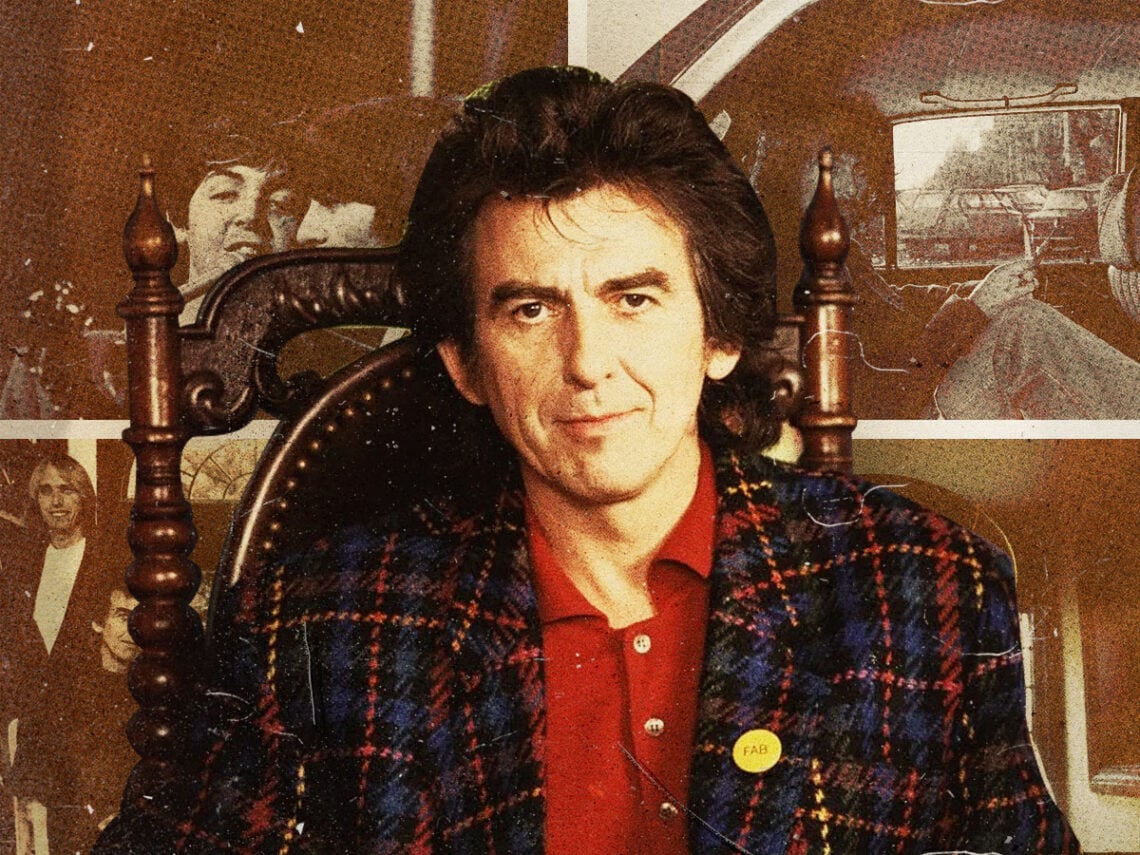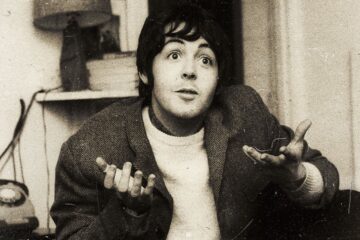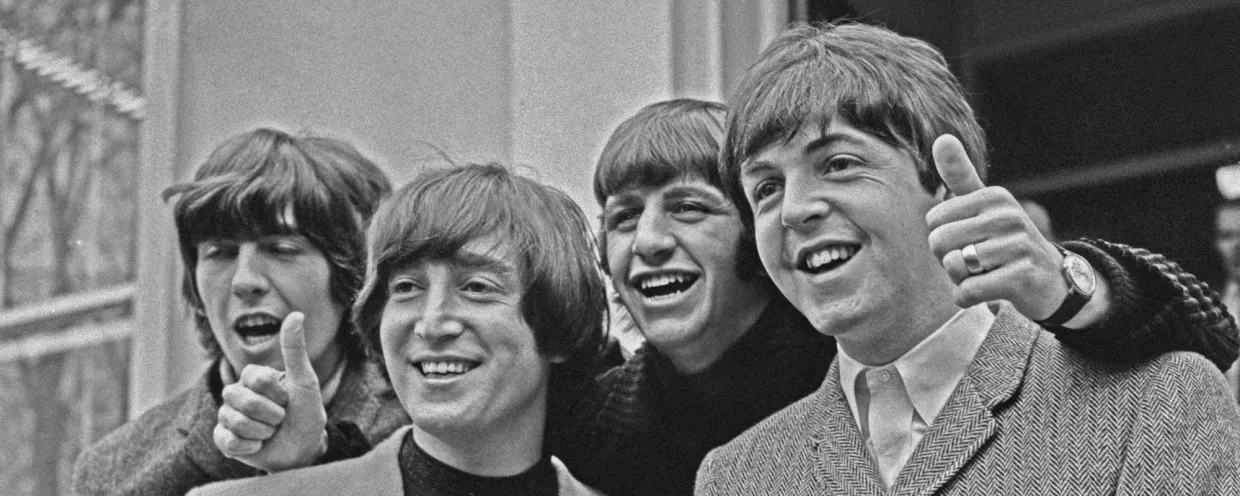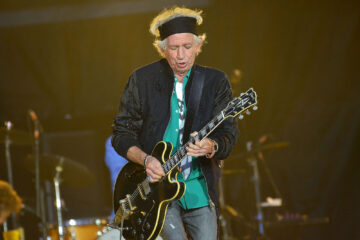It’s almost impossible to quantify the sheer cultural impact of The Beatles. A group born out of four friends, John Lennon, Paul McCartney, George Harrison and Ringo Starr, converging over a love of rock ‘n’ roll and finding a pathway to international fame, stardom and a genius status that few could’ve imagined. But, despite this, the group is not without its detractors.
Say what you like about The Beatles, but they certainly knew when to call it a day. There was none of that, such as ‘Why don’t we make a funk-fusion bongo album’ with the Fab Four. Equally, there were no reunion tours or latent attempts to transform their output into a West End Jukebox musical. No, when the time finally came for The Beatles to part way, they did so without looking back.
George Harrison saw The Beatles’ demise coming from a mile off. Of all the Beatles, Harrison had the most complex relationship with fame. Unlike John Lennon, who used his status to establish himself as a countercultural preacher-for-peace, Harrison regarded fame as innately destructive. It was not only a difficulty he had to face during his everyday life, but it also impacted his ability to create. Within The Beatles, Harrison felt trapped.
It is perhaps for this reason that he once said he stopped enjoying being in The Beatles when they became famous. Sure, it made them rich, but it also made them complacent and lazy in their creativity. In those early days, McCartney, Lennon, Harrison, and Starr were honing their craft. As such, everything was new and unknown, and the emphasis was on becoming a better musician and a better songwriter rather than making another hit album.
Speaking to Entertainment Tonight in 1987, Harrison opened up about the impact of fame. He said: “When we became the famous Fabs it was really all over, sort of that aspect of just being a group playing and ‘What are we going to do?’ Where we didn’t have to care, where we could drink and just be up there being a rock band in our leather suits.”
Perhaps Harrison and the band thought that fame would equal freedom. They maybe assume dthat at the top of the mountain they could do whatever they wanted. The bandmates would have been shocked to discover that, in reality, fame equalled quite the opposite: commodification and a narrowing of possibility.
This became startlingly apparent during The Beatles’ touring years, in which the quartet embarked on lengthy ventures around the world, playing the same set list to huge audiences night after night.
As Harrison later explained, this habitual lifestyle led to a stagnation in The Beatles’ creativity. “We became popular, and all this stuff happened where we sang the same songs a lot, we still had a laugh, it was still good fun though. But you know, that side of it, of playing like as a musician lost the edge there because we just played the same tunes that we play recorded, go around the world singing the same ten songs, and every year, we’d lose one and add a new one, and it got a bit boring being fab.”
The Beatles decided to ditch the touring life and become creatures of the studio, crafting immersive and innovative concept albums like Sgt. Pepper’s Lonely Hearts Club Band. But, as much as he tried, Harrison was never quite able to recapture the joy he’d felt in those years when The Beatles were just four friends trying to write the perfect pop song.



